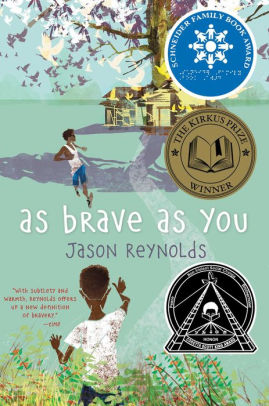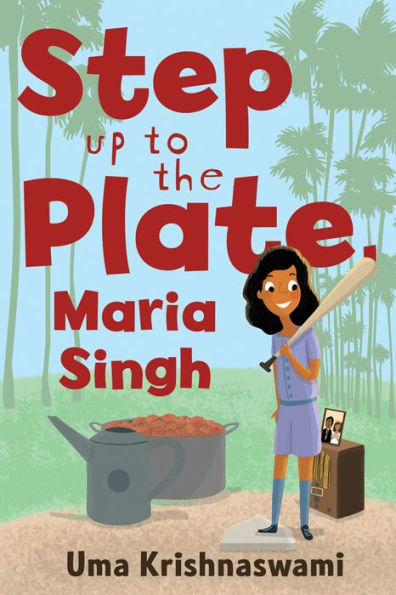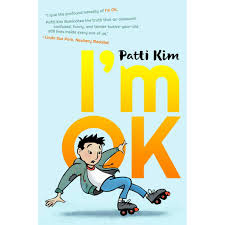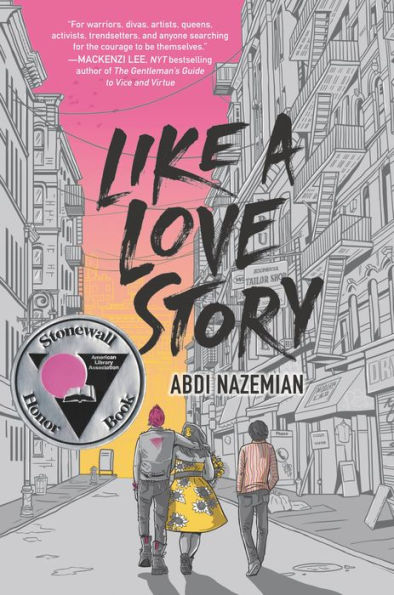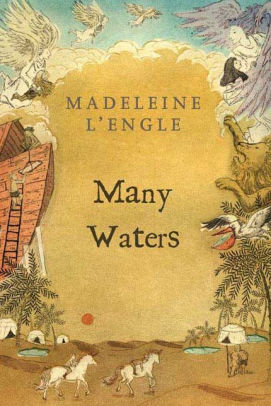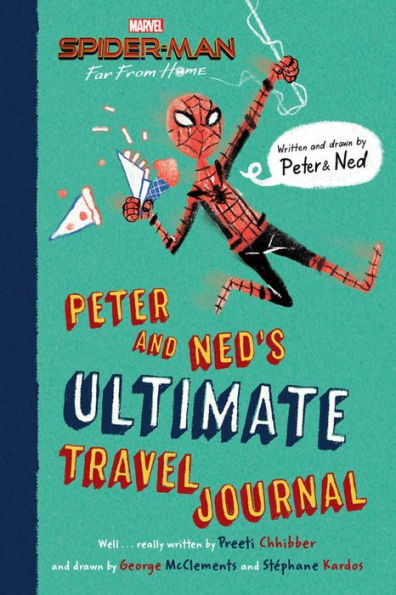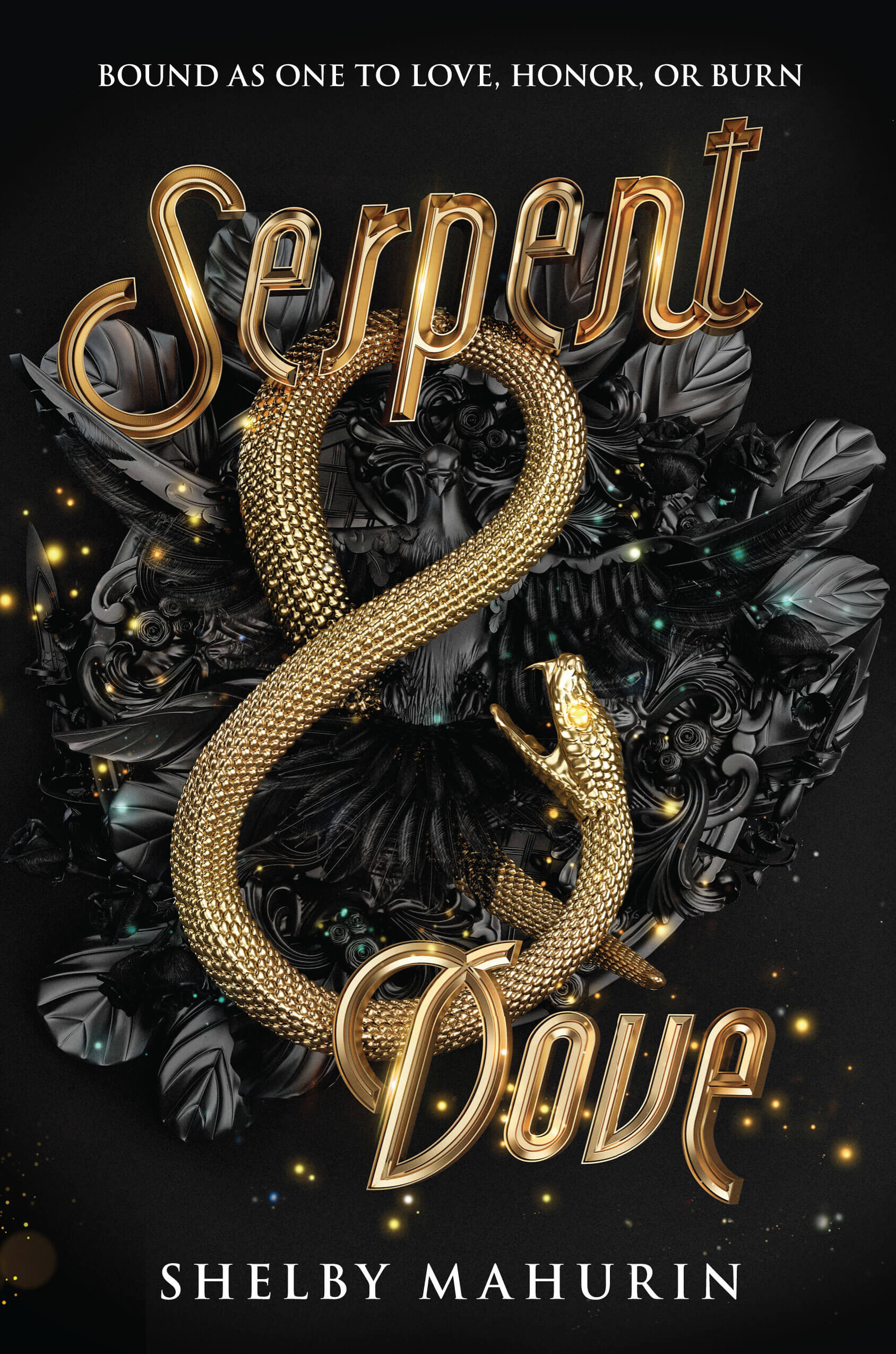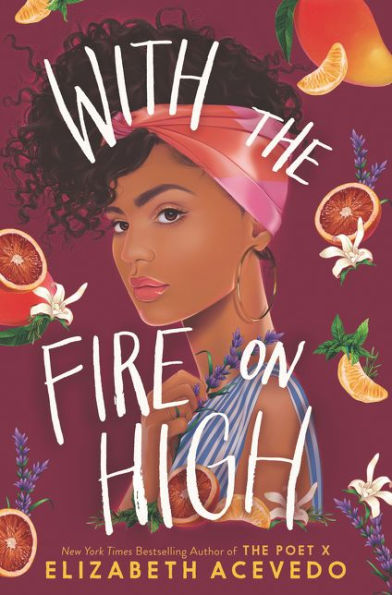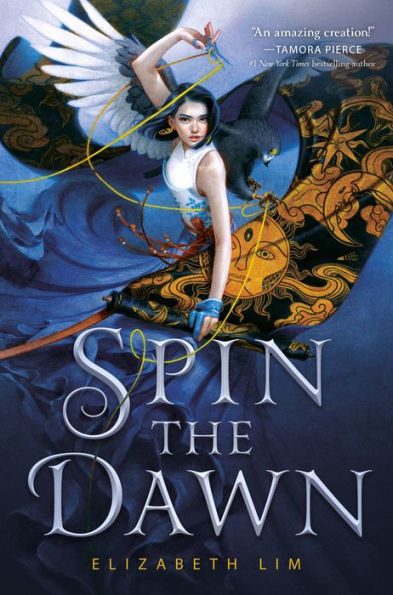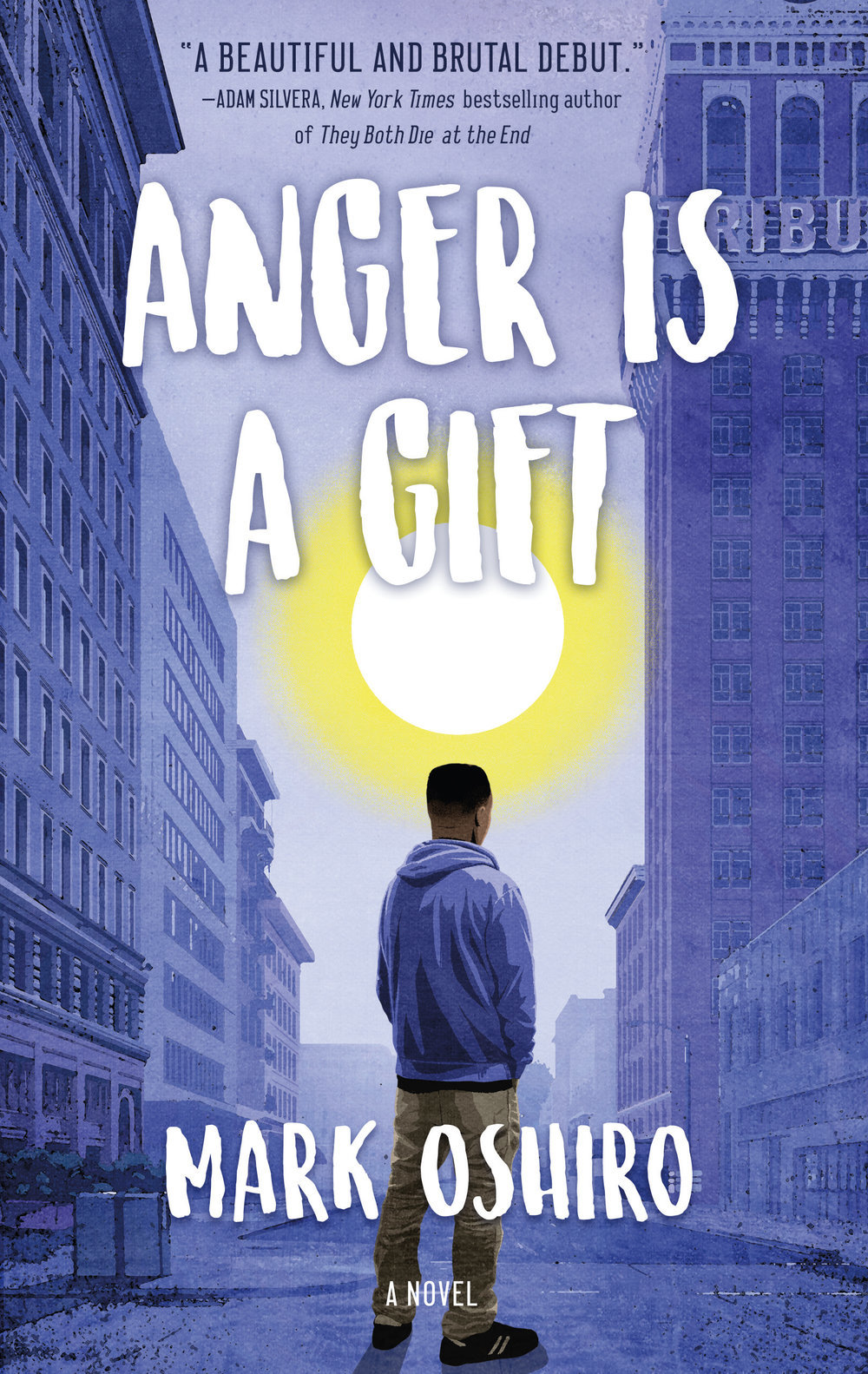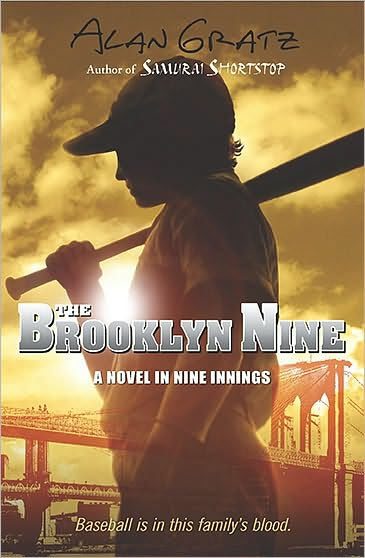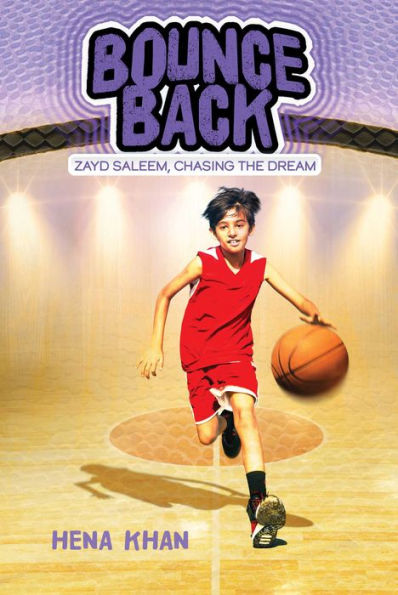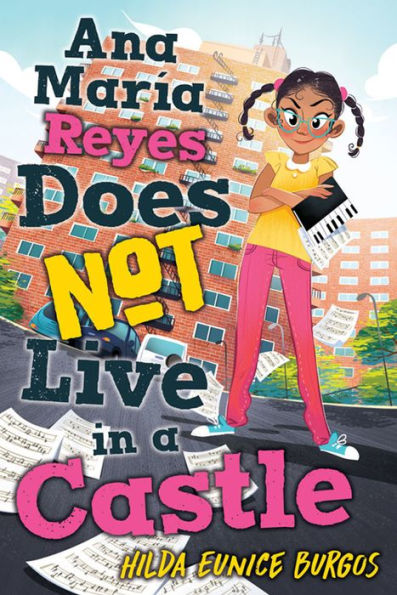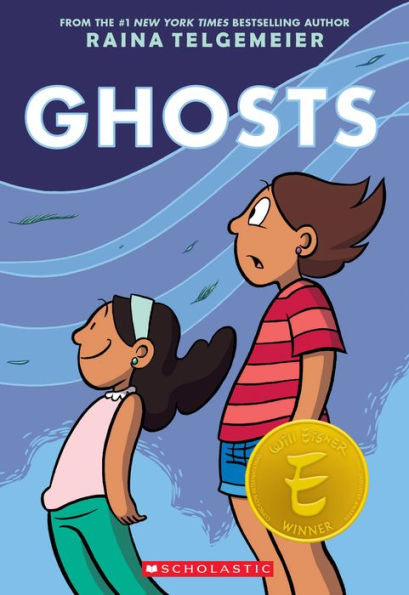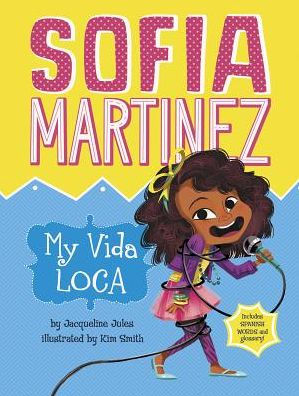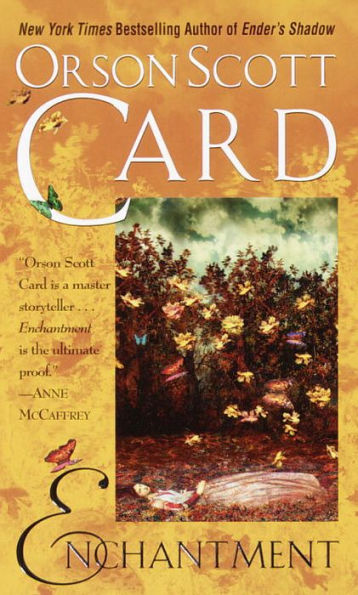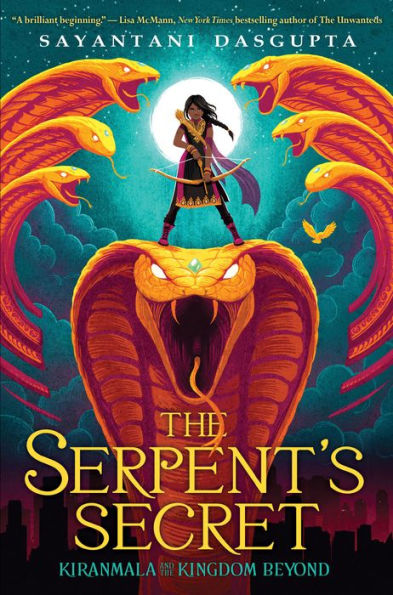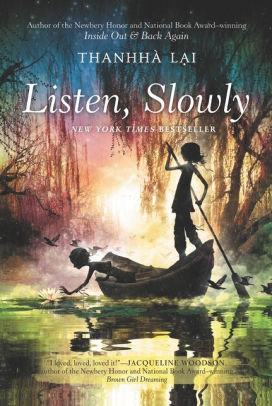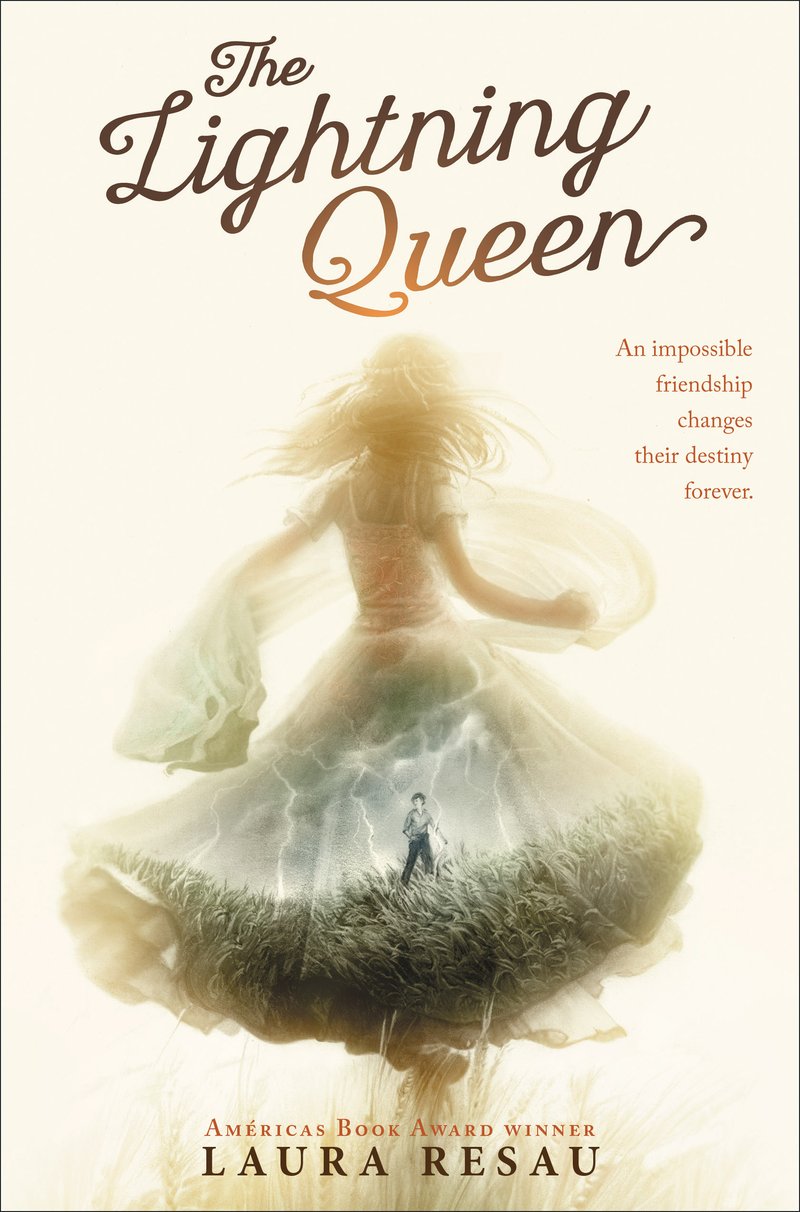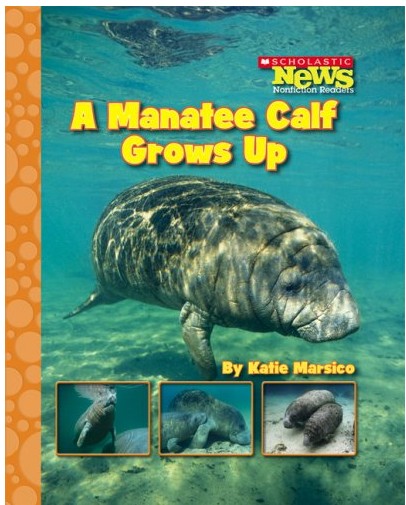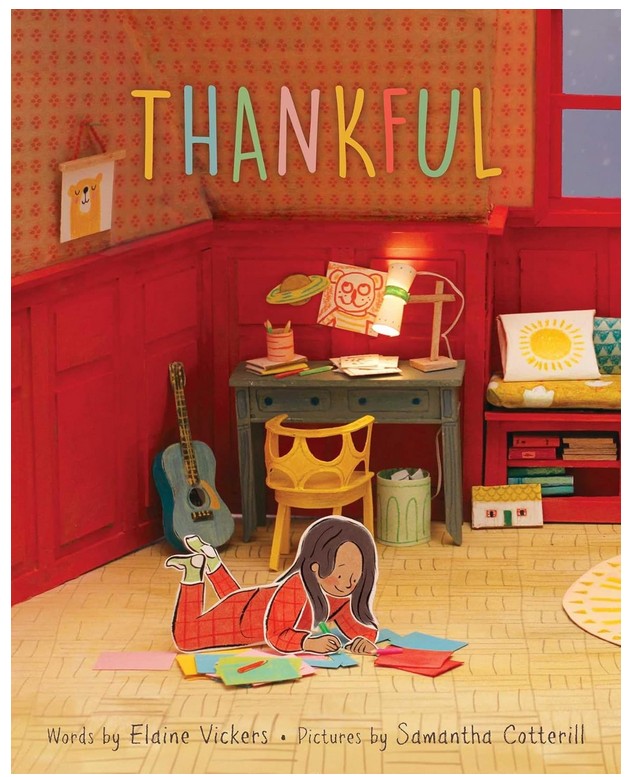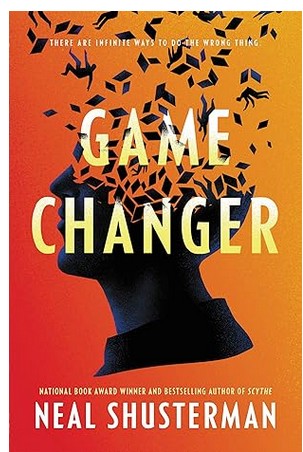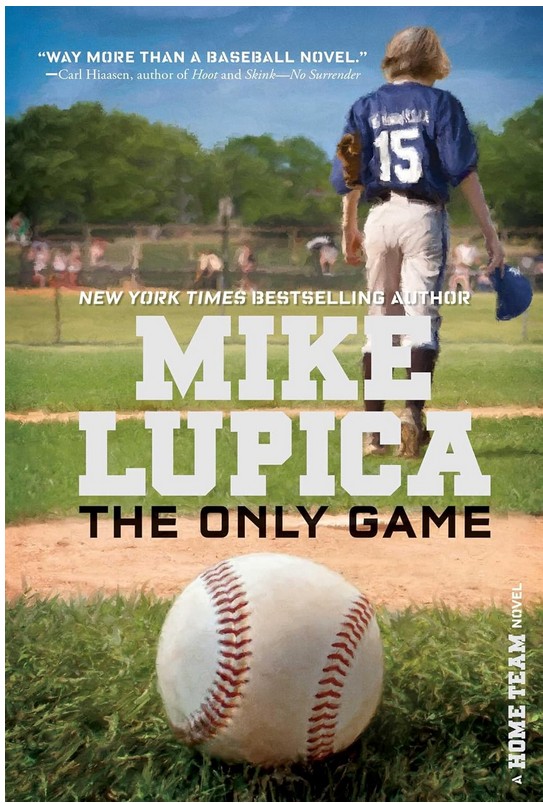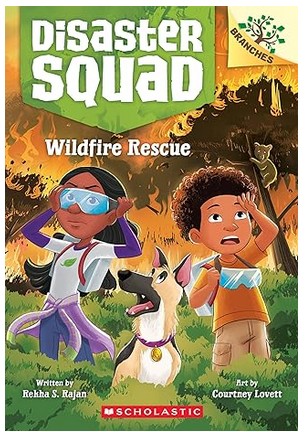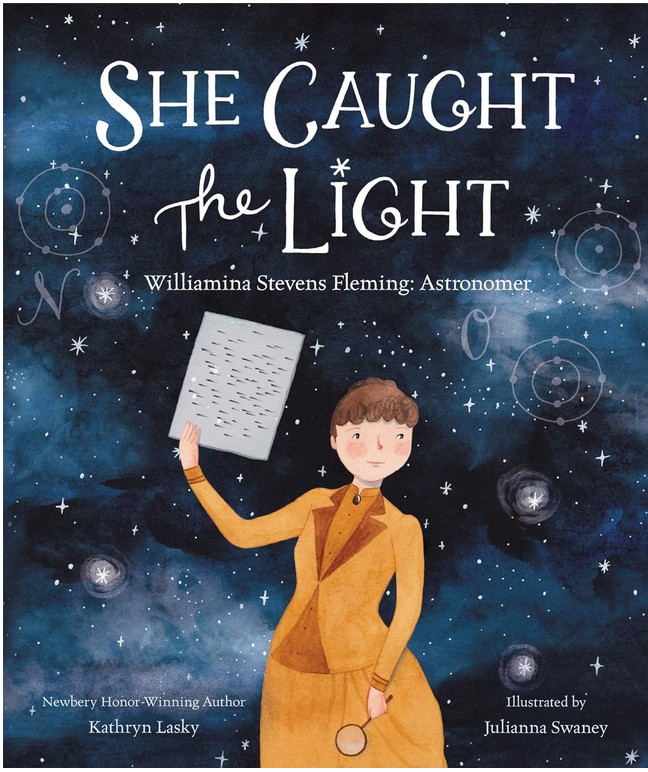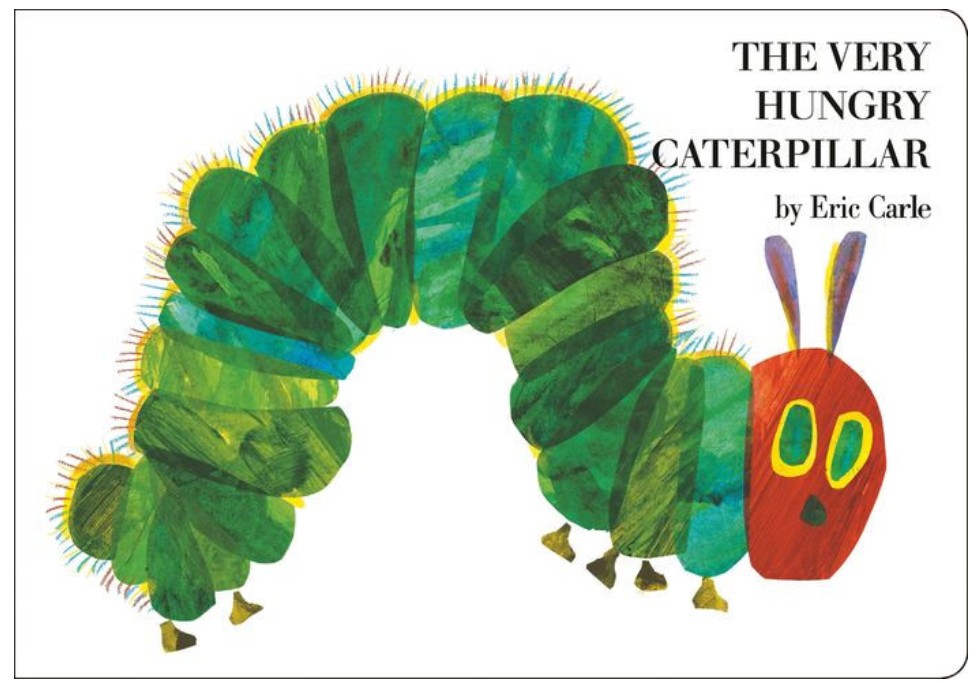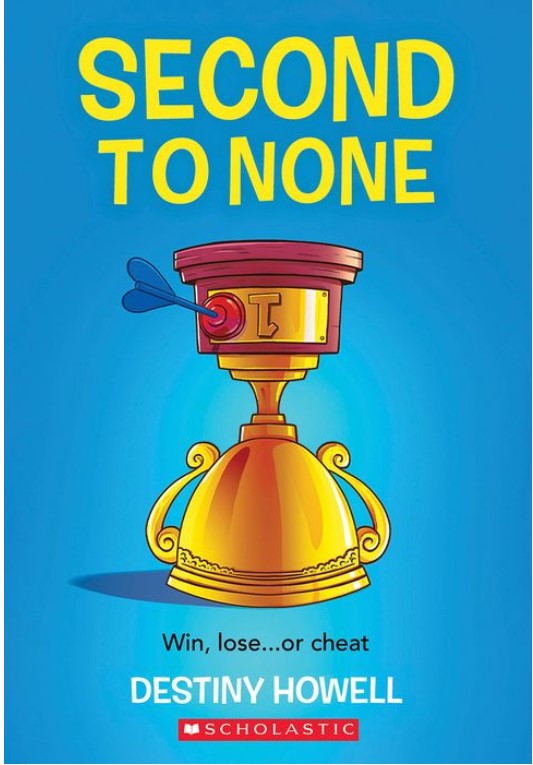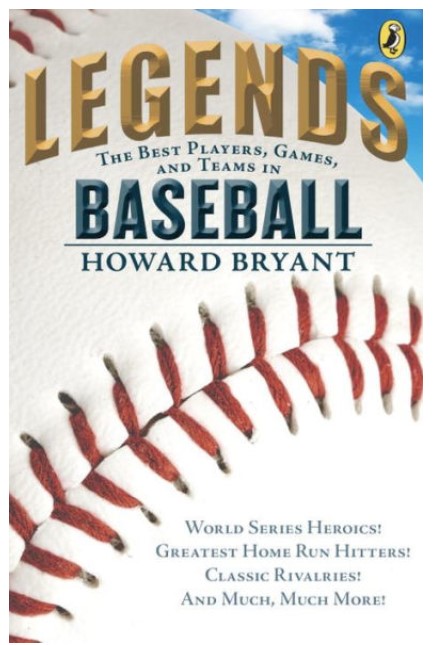Genie has a lot of questions. So many questions, in fact, he keeps them all written in his notebook so he can look them up later. When their parents take Genie and his big brother, Ernie, to their grandparents’ house in rural Virginia, Genie has questions that even Google can’t answer. Like how did Grandpop lose his eyesight? Will Ma and Dad stay together? Why doesn’t Ernie want to learn how to shoot a gun?
As Brave as You tackles topics like masculinity, fear, and courage through the eyes of ten-year-old Genie. Although he is younger than Reynolds’s characters from other novels, Genie’s curiosity and kindness make him endearing rather than annoying. Genie’s narration style is filled with his quirks, including his endless questions and his often-humorous thoughts.
Readers will find that Genie is a good role model because he tries to do the right thing. When he makes mistakes, he feels guilty and eventually realizes that he must have the courage to try to make it right. For instance, Genie accidentally breaks an old toy firetruck that belonged to his late uncle. Genie recognizes that his Grandma is upset, and throughout the novel, he searches for parts to fix the firetruck. Through this and other trials, Genie learns that mistakes happen and that becoming a man means that he has to own up to those mistakes.
Genie’s grandparents, parents, and Ernie aid Genie on this journey, as many of them are also learning lessons about what it means to have courage. Grandpop and Genie’s father do not get along most of the novel, and they both are often too stubborn to talk about their past grievances with each other. At the end, they begin to fix their personal issues together. Readers can see that they must be courageous to look past their pride and hurt feelings.
As Brave as You shows that being a man is about having honesty, integrity, and courage rather than about being tough. As part of Ernie’s growth into manhood, Grandpop shows Ernie how to shoot a gun. Ernie shows disinterest, and Genie is unable to comprehend why. However, after an accident with the gun, Genie understands that sharing his fears and emotions is often more courageous than pretending to be tough or prideful. Although these lessons are featured throughout the book, they never come off as preachy.
Reynolds’s characters are relatable for people of all ages. Genie and the older characters learn many of the same lessons despite being at vastly different points in their lives. The story is not particularly fast-paced, but the relationships between the characters make up for the slower moments. As Brave as You is a great story about what it really means to grow up, face our worst fears, and learn from mistakes.
Sexual Content
- Genie makes a distinction between him and his brother, Ernie. Genie “loved to watch Jeopardy! and Wheel of Fortune. Ernie, on the other hand, liked to watch girls.”
- Genie has a girlfriend named Shelley and a friend named Aaron. He wonders if in his absence, “[Shelley would] fold to [Aaron’s] flippin’ charm and kiss him. Of course, if she did, it would be a loaner kiss, Genie decided. A kiss to make up for the fact that he wasn’t there.”
- After Grandma sets breakfast down in front of Grandpop, she “dodged him as he swatted at her butt on her way back to the counter for another plate.”
- Genie observes his parents’ awkward interactions early in the book, and he knows that their marriage won’t last. In one of these interactions, his dad “leaned in and just grazed Ma’s cheek with his lips, awkwardly. It was friendly, but not…loving.”
- Ernie “had broken up with his girlfriend, Keisha, a few weeks before” going to his grandparents’ house. Genie explains, “Well, really, she broke up with him. Dumped him for a dude from Flatbush named Dante, but everybody called him Two Train. That was his rap name. And when Keisha told Ernie that Two Train wrote raps about her, Ernie started sending her a text message every day, crappy love poems, ridiculous attempts at rhyming that would put his whole ‘cool’ thing at risk if anybody besides her, Genie, or his parents ever found out about them.”
- Genie is disinterested in his brother’s attraction to various girls. Later, Ernie chatters on endlessly about how he hung out with Tess and how much he likes her. Ernie thinks, “And each time Ernie fell for a new girl, Genie’s cool, confident brother would become a goofy, googly-eyed fool.”
- Ernie made a joke, and “Tess stared him down and sized him up in that way that meant she either wanted to punch him or kiss him.”
Violence
- The day that Ernie and Genie’s parents had a huge fight, their neighbor Down the Street Donnie “had covered a quarter in snow and zinged it at Genie. Zapped him straight in the eye.” Ernie, seeing what happened, “commenced to karatisizing Down the Street Donnie, all the way… down the street.”
- The first morning they are at their grandparents’ house, Ernie tries “to shove [Genie] off the bed with his knee.” Ma verbally reprimands Ernie, saying, “Ernie, cut it out.”
- During a conversation, Dad playfully “threw a balled-up pair of socks at [Ernie]. Ernie chopped them away.”
- Grandpop carries a pistol around in the back of his pants.
- When Ernie and Genie’s father was young, the neighborhood bully was about to take whatever money he had. Their father’s older brother, Wood, then “came out of nowhere and whopped Cake [the neighborhood bully] in the back of the head with a book as hard as he could.” Cake was huge, and all this did was make him mad. Wood “came home with the blackest eye [Grandpop had] ever seen. And a busted lip. And he was limpin’.”
- As an adult, Wood “beat [Cake] down” when he came home from basic training because “Wood could never let things go.”
- Crab, Tess’s dad, goes hunting with his rifle on Genie’s grandparents’ land. Genie often hears gunshots when Crab is around.
- Genie insinuates that if he ruined Ernie’s chances with Tess, Ernie would use Genie for karate practice. “Lots and lots of karate chops.”
- Grandpop’s father committed suicide years back. He “had jumped in the James River.”
- Grandpop teaches boys turning 14 years old how to shoot a gun ever since “a fourteen-year-old black boy named Emmett Till was killed for whistling at a white woman when Grandpop was younger. It scared him so badly.”
- Genie talks about mousetraps, including “the part that breaks the mouse’s neck. Yikes.”
- Crab holds up the squirrels he shot. Genie describes, “Dead squirrels, part gray, part bloody, part…missing.”
- Crab and Grandpop teach Ernie how to shoot a gun. The scene lasts the duration of a chapter. The force of the shot causes the gun to kickback and hit Ernie in the face. Genie says, “Ernie’s knees buckled as if someone had sucker punched him.” Ernie ends up losing three front teeth. Crab “grabbed a beer bottle from the bag he brought and put the teeth in it.”
- Great Grandpop and his friend stole a puppy from their abusive employer. The employer found out and told Great Grandpop “that either he tell him the truth, or he would have [the] whole family killed.”
- Genie’s dad “slammed the wall” in anger.
- In the story, Grandpop says that an employer “set [Great Grandpop’s friend’s] house on fire… [the friend] burned to death.” No other details are given.
Drugs and Alcohol
- Genie asks Tess where she got all the bottle caps for her project. Tess jokingly tells him and Ernie that she “drank all those beers.” She then takes the brothers to Marlon’s, the small town’s bar, for some ginger beers. Ernie and Genie don’t know that she and Jimmy, the bartender, mean ginger beer. Genie hoped that “he wouldn’t get drunk on his first sip,” thinking that Tess and Jimmy meant to give Genie and Ernie alcohol.
- Other adult patrons at the bar drink alcoholic beer while the kids are present.
- Grandpop gets a mysterious liquid out of a closet and promptly locks the door. Genie recognizes the smell, thinking, “the same smell Genie had just gotten more than a whiff of in Marlon’s—reminded him of Ms. Swanson, the drunk lady who hung out at the Laundromat back home.” Grandpop drinks liquor throughout the book.
- Grandpop can’t sleep when it rains because it reminds him of the day that Wood died during Operation Desert Storm. When it rains, Grandpop sits in the kitchen and drinks while he disassembles his revolver, lost in thought.
- Crab smokes a cigar.
- Genie and Ernie find “a couple dozen beer cans and stubby, burned-down cigars” laying in a pile.
- Ernie has “a double-dose of pain reliever” after the doctor fixes two of his teeth.
- Genie calls Tess’s mom a hypochondriac. Tess misunderstands and calls her a “hyper-cognac” instead.
- Grandpop drinks more heavily as the book progresses, and Genie finds his drunk rambling disturbing. For instance, Grandpop slurs, “life ain’t nice to nobody. Nobody. Not me, not Mary, not Ernie, not your daddy, not Uncle Wood. Nobody.”
Language
- Genie’s mother tells Genie, “Boy, if you don’t go to sleep, I’m a honey your badger,” making it clear to Genie that she really wants him to be quiet.
- Various insults are used frequently. Insults include: Stupid, jerk, crazy, wild, heckuva, crappy, insane, fool, chump, psycho, shut up, knuckleheads, friggin’, and daggone.
- Grandma and Grandpop use the phrase “what in Sam Hill” frequently.
- Genie’s curiosity causes humorous situations because sometimes his questions and thoughts would be insensitive coming from anyone else. For instance, he thinks, “Old people got to pretty much call you whatever they wanted. It was the only awesome part about being old.”
- Genie asks Grandpop a series of questions about being blind. At one point, Genie asks, “How do you know where your room is, though? Or what if you gotta go to the bathroom?” To which Grandpop replies, “I’m only blind, son. My junk still works.”
- Kids at school sometimes mock Genie for his name, saying, “Genie, the girl with a weenie.”
- Crab tells Ernie, “I think [Tess] likes you…But don’t try nothin’ mannish or I’ll flatten your cap, just like she do them beer tops.”
- Grandma asks Genie and Ernie, “Which one of you peanut-heads tried to flush all that damn toilet paper?”
- Ernie overacts around his grandparents at one point. Genie says that Ernie is “butt-kissing.”
- Grandpop holds rolls of money. Genie thinks, “[Grandpop] tapped a roll like a mob boss assigning a hit.”
- Mr. Binks is a dentist who sells teeth at the flea market. Ernie calls Mr. Binks “a tooth jacker.”
- Grandma yells, “Damnit!” when Ernie scares her.
- Grandpa says “guaran-damn-tee” instead of guarantee.
- Crab says that he feels “so dern bad” about Ernie’s injury.
- Grandpop calls an old neighbor “a mean son of a gun. I mean, just a real nasty you-know-what.”
Supernatural
- None
Spiritual Content
- “Jesus” and “Lord” are sometimes used as exclamations.
- Grandma has a few rules, one of them being, “We go to church on Sunday.” Genie doesn’t mind this, thinking that he could “use a miracle” anyway. His family normally goes to church “on Christmas and Easter for the long services with their grandparents in the Bronx. But that was about it.”
- Genie’s mom “used to call [the moon] God’s night-light when he was little.”
- Grandma often turns on the church music station in the car, especially when going to the flea market. She says, “Gotta play it loud enough for God to hear it, so he can send people to come buy up these peas.”
- Genie thinks, “Maybe the real reason Adam and Eve weren’t supposed to bite the apple is because then all the birds would’ve had access to the seeds, and the Garden of Eden would’ve become the Garden of dead…doves? Doves were the only birds back then I think.”
- On a hot day, Genie thinks, “God had put the heat on high, as Ma always said.”
- Tess tells Genie that she’s “prayin’ to Big Bird for a miracle.”
by Alli Kestler
